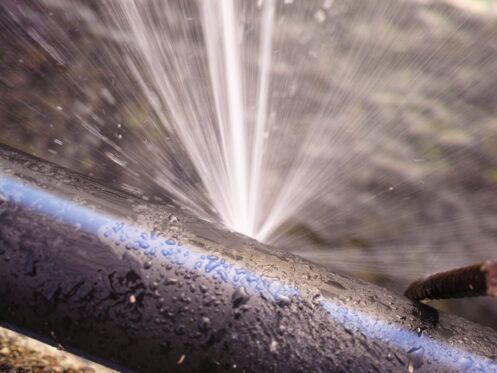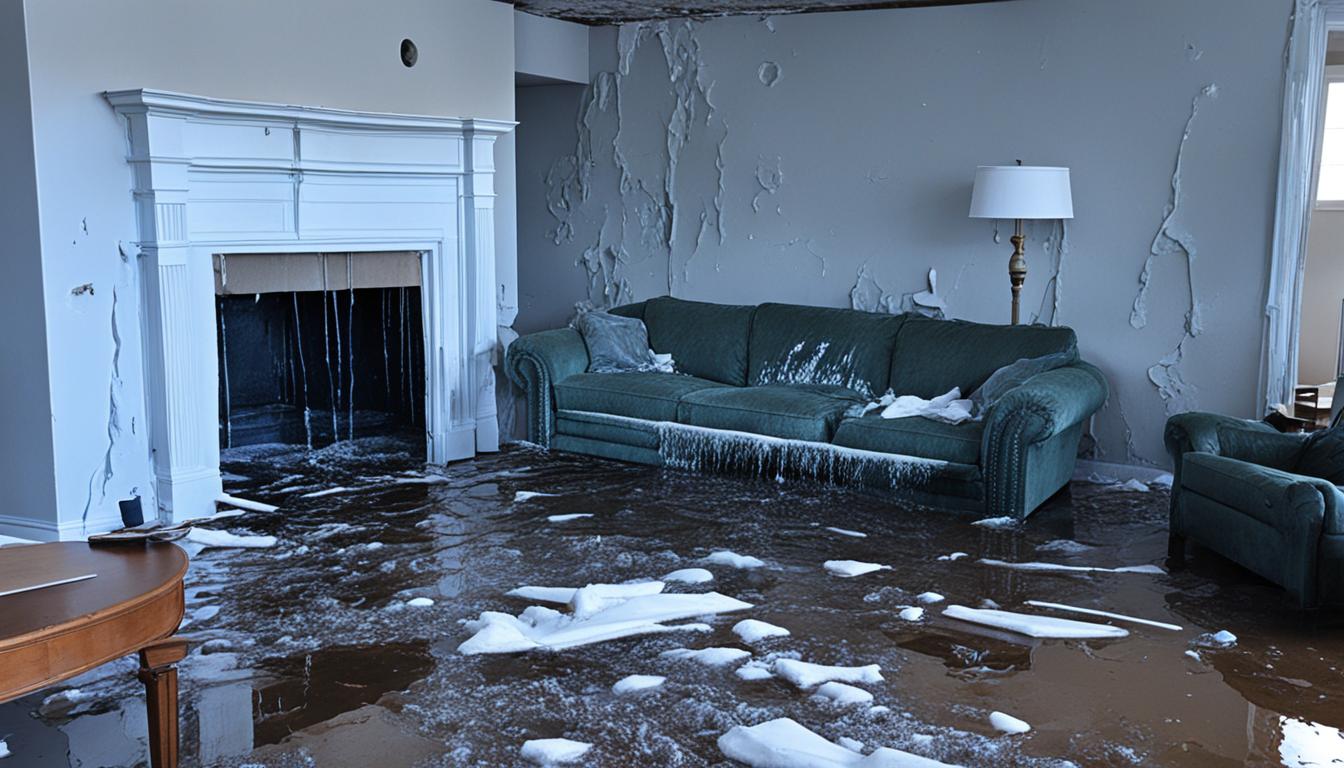Burst Pipe Insurance Claims: What You Need to Know for Water Damage Coverage
Burst Pipe Insurance Claims: What You Need to Know for Water Damage Coverage
Blog Article
Preventing Burst Water Lines: Essential Tips to Shield Your Pipes
Avoiding ruptured pipes is a vital concern for house owners, specifically during colder months when the risk of cold is enhanced. Executing tactical actions such as correct insulation, routine inspections, and maintaining regular interior temperatures can substantially minimize the probability of pipe failure.
Understand Pipeline Vulnerabilities
Understanding pipeline vulnerabilities is necessary for efficient plumbing upkeep and protecting against pricey damages. Several aspects add to the sensitivity of pipes to ruptureds, including product structure, age, and environmental problems. Older pipes, particularly those made from galvanized steel or polybutylene, often deteriorate over time, resulting in enhanced danger of leaks and tears.
Temperature level variations can also significantly impact pipe honesty. In cooler environments, water trapped in pipes can freeze, expanding and applying pressure on the pipeline wall surfaces, which might eventually lead to a ruptured. High water stress can stress pipelines, particularly at bends and joints, increasing the probability of failing.

Insulate Water Lines Appropriately
Appropriate insulation of pipes is vital for stopping cold and succeeding ruptureds throughout winter (burst pipe). Protecting your plumbing system successfully safeguards against temperature drops that can lead to expensive damages. Begin by determining susceptible locations where pipes are revealed to exterior temperatures, such as basements, attics, and exterior wall surfaces
Usage foam pipe insulation sleeves or wrap insulation tape around these areas to provide a protective barrier. Make certain that all sections of the pipes, especially those with limited warmth exposure, receive adequate insulation. Pay special attention to fittings and joints, as these are more prone to freezing.
When shielding, it's important to select materials that meet neighborhood structure codes and are ideal for the specific environment. For example, fiberglass insulation is often recommended for its thermal resistance residential or commercial properties - burst pipe. Furthermore, consider making use of warm cable televisions or tape in extreme conditions, which can be plugged in to give supplemental heat
Regularly examine shielded pipelines for any indicators of wear or damage, as compromised insulation can diminish its efficiency. By taking these aggressive actions, you substantially minimize the risk of pipe ruptureds, making sure a dependable pipes system throughout the winter season.
Maintain Constant Temperature
A secure interior temperature is essential for avoiding burst pipes during the icy months. When temperature levels drop, water within pipelines can ice up, expanding and producing pressure that may inevitably trigger the pipes to ruptured. To reduce this risk, home owners need to keep a consistent temperature throughout their home, preferably no less than 55 ° F(13 ° C)Utilizing a programmable thermostat can help handle interior temperatures efficiently, making certain that spaces with plumbing continue to be warm even when your home is unoccupied. Pay special focus to areas that are extra at risk to cool, such as garages, basements, and attic rooms. Maintaining closet doors open under sinks can additionally permit warmer air from the home to distribute around pipes.
This minor flow of water can avoid freezing by alleviating pressure within the pipelines. By carrying out these approaches, property owners can dramatically minimize the risk of pipeline ruptureds and visit this site right here protect their pipes systems against the rough winter season aspects.
Frequently Evaluate Pipes
Routine assessments of pipes systems are important for protecting against burst pipelines and preserving total home integrity. During these examinations, it is vital to analyze noticeable pipes for signs of rust, leakages, or use.
Additionally, checking links and joints is essential, as these factors are usually susceptible to leaks. House owners ought to also assess water pressure levels, as excessive stress can strain the plumbing system and raise the danger of pipe ruptureds.
Take into consideration scheduling professional plumbing inspections at least yearly, specifically prior to winter season, to guarantee your system is planned for chillier temperature levels. Normal examinations not just assist in recognizing immediate worries but additionally foster lasting upkeep strategies that can enhance the life expectancy of your pipes system. By being aggressive in your strategy, you can protect your home versus the expensive and turbulent consequences of ruptured pipes. Focusing on plumbing examinations is an investment in your home's health and wellness.
Know Emergency Treatments
Comprehending emergency situation procedures is crucial for every single house owner, particularly after performing normal plumbing assessments. Being prepared for a pipes emergency can significantly alleviate damages and save prices. Situate your major water shut-off shutoff; it is normally found near the water meter or where the primary line enters your home. Acquaint on your own with its operation, as shutting down the water system quickly can stop extensive flooding.
Next, maintain crucial devices convenient. A pipes emergency situation kit ought to consist of a wrench, bettor, and towels, as well as a flashlight and a container for tiny you could try here leakages. Additionally, consider having the contact information for a relied on plumbing easily offered, needs to the situation escalate beyond your control.
If you discover a leakage or ruptured pipeline, quickly turn off the supply of water and inform your plumbing technician. Document the damage with pictures for insurance policy objectives. Be aware of the signs of potential pipes issues, such as uncommon water stress variations or damp places on wall surfaces
Ultimately, proactive knowledge and quick activity are essential in managing pipes emergencies, ensuring your home continues to be secured and decreasing potential damage.

Final Thought
Finally, avoiding burst pipelines necessitates a diverse method that includes understanding pipeline vulnerabilities, appropriate insulation, maintaining consistent indoor temperatures, routine inspections, and understanding of emergency situation treatments. By applying these essential techniques, the threat of plumbing failures can be considerably reduced, consequently making certain the longevity and effectiveness of the pipes system. Positive measures not only guard versus possible damage but likewise add to total water conservation and the defense of residential property.
In cooler climates, water trapped in pipes can ice up, applying and expanding pressure on the pipe wall surfaces, which might eventually lead to a burst. When temperature levels drop, water within pipes can ice up, producing and broadening pressure that might eventually trigger the pipelines to ruptured. By executing these strategies, homeowners can dramatically decrease the threat of pipe ruptureds and protect their plumbing systems versus the extreme wintertime components.

Report this page